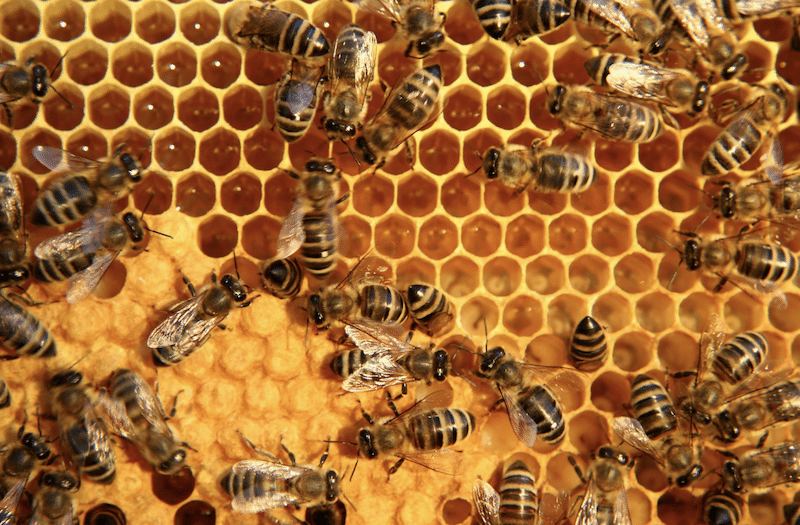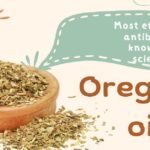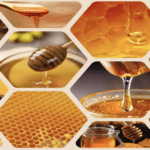Bees are the unsung heroes of our ecosystem. These tiny pollinators play a vital role in the health and prosperity of our planet’s flora and fauna, including the crops that sustain human life. As their numbers continue to dwindle, it is now more important than ever to understand their significance, the challenges they face, and the steps we can take to protect them. In this comprehensive article, we will delve into the fascinating world of bees, exploring their importance to our environment, the threats they face, and the actions we can take to ensure their survival.
- The Importance of Bees
1.1 Pollination Powerhouses
Bees are essential pollinators that contribute to the growth and reproduction of plants. As they collect nectar and pollen, bees transfer pollen grains from the male part of a flower (anther) to the female part (stigma). This fertilization process allows plants to produce fruits, seeds, and vegetables, ultimately ensuring a rich and diverse ecosystem.
1.2 Supporting Food Production
Bees’ pollination efforts directly impact global food production. It is estimated that nearly one-third of the food we consume is reliant on pollinators like bees. They help pollinate a wide variety of crops, from fruits and vegetables to nuts, spices, and even coffee. Without bees, our diets would be severely limited, and food prices would soar.
1.3 Biodiversity Champions
Bees also contribute to biodiversity by supporting the growth and reproduction of numerous plant species. This, in turn, provides habitats for countless other species. Bees’ pollination services are critical to maintaining diverse ecosystems, which contribute to our planet’s overall health.
- Threats to Bees
2.1 Pesticide Exposure
One of the major threats to bees is exposure to pesticides. Neonicotinoid pesticides, in particular, have been linked to bee deaths and the decline of bee colonies. These chemicals can accumulate in plant tissues and nectar, posing a significant risk to bees and other pollinators.
2.2 Habitat Loss
Habitat loss due to urbanization, agriculture, and climate change has reduced the availability of food sources and nesting sites for bees. The loss of wildflowers and diverse landscapes can have a detrimental impact on bee populations, as they struggle to find adequate food and shelter.
2.3 Disease and Parasites
Diseases and parasites, such as the Varroa mite, can weaken bee colonies and make them more susceptible to other stressors. The Varroa mite, in particular, is a significant threat to honeybees, as it can transmit deadly viruses and compromise a bee’s immune system.
- How to Protect Bees
3.1 Planting Bee-Friendly Gardens
Creating bee-friendly gardens is a simple and effective way to support local bee populations. Planting a variety of native, flowering plants that bloom throughout the year can provide a continuous food source for bees. Opting for pesticide-free gardening practices can also minimize the risk to bees and other pollinators.
3.2 Supporting Sustainable Agriculture
By choosing organic and locally-produced foods, consumers can help support sustainable agriculture practices that prioritize pollinator health. Encouraging the use of integrated pest management strategies, which rely on biological controls and reduced pesticide use, can also help protect bees and their habitats.
3.3 Raising Awareness
Educating the public about the importance of bees and the threats they face is crucial for their long-term survival. Sharing information about bees, advocating for pollinator-friendly policies, and supporting organizations that work to protect bees can make a significant difference in their preservation.
Conclusion
Bees are crucial to the health and prosperity of our planet, playing a vital role in pollination, food production, and biodiversity maintenance. As they face increasing threats from pesticide exposure, habitat loss, and disease, it is crucial that we take action to protect and preserve these essential creatures.
By creating bee-friendly gardens, supporting sustainable agriculture, and raising awareness about the importance of bees and the challenges they face, we can contribute to the conservation of these essential pollinators. As stewards of the Earth, it is our responsibility to ensure the survival of bees and the countless species that rely on them, ultimately safeguarding the health of our planet for generations to come.




